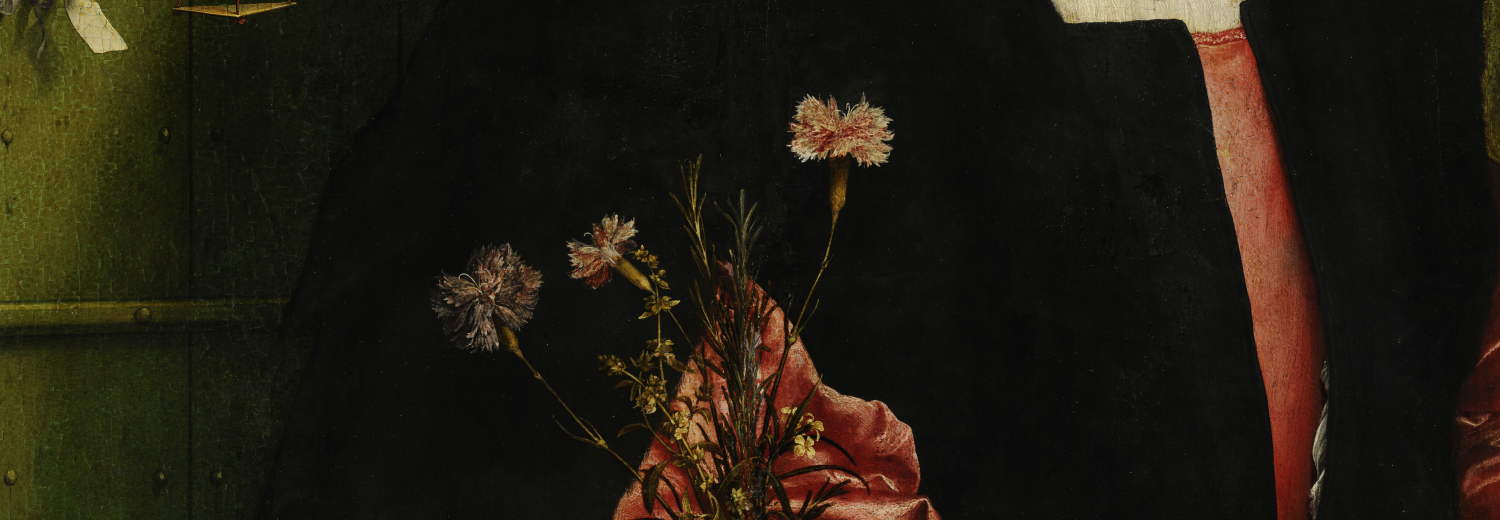Jan Hennings: 'Precedent, Tradition, or History? The Past as an Argument in Status Conflict.'
Justyna Wubs-MrozewiczIn the second presentation of the day, Jan Hennings, associate professor at Central European University in Vienna, introduced us to the intricacies of diplomatic ceremonial in the relations between early modern imperial powers. How and when to hand over an ambassador’s credentials presented a crucial moment in early modern diplomatic ritual as well as a constant source of conflict. Timing and performance signaled the recognition of status and rank of the parties involved.
In Hennings’ case study, an Ottoman delegate sent to the Russian court in 1704 attempted to deliver his credentials to the Czar directly. The Russian chancellor, however intervened. The tsar’s ambassadors at the sultan’s court did not enjoy this privilege, neither should he. Ambassadors and state officials negotiated such conflicts by asking for equal treatment based on reciprocity or by demanding precedence over other members of the diplomatic corps based on different forms of prestige. Apart from these two strategies, Hennings identified the past as a central argument in dispute. Of course, the past as historical narratives played an important role in arguing for reciprocity or creating symbolical capital as well, but Hennings also pointed to the use of "the past as precedent”.
Across cultural and political boundaries parties defended and refused to change diplomatic rituals by arguing that they were based on immutable ‘time honoured customs.’ Subsuming these arguments under the concept of precedent Hennings presented us with a seemingly paradox situation: if all parties accepted that the past provided unchangeable precedents or ‘time honoured practice’, why then was there conflict at all? Because the past had to be constantly negotiated – conflict resolution depended on recognizing an opponent’s precedent as valid. Diplomatic ceremony, therefore, was not as as static as the diplomats’ insistence on precedent and models handed down from the past suggest. On the contrary, the past was employed in conflict because ambassadors expected the possibility of change.
To learn more about this case study and the fascinating trans-cultural and multilingual world of early modern diplomacy, see Hennings’ most recent article: Jan Hennings, ‘Constantinople as a “Window on Europe”: Peter the Great’s Ambassador and Diplomatic Hierarchies at the Sultan’s Court,’ Vek Prosveshcheniia/Le Siècle des Lumière, vol.7, ed. S. Karp et al. (Moscow 2021), 54-73, and his book Russia and Courtly Europe: Ritual and the Culture of Diplomacy, 1648-1725 (Cambridge, 2016).

Comments
Add Comment